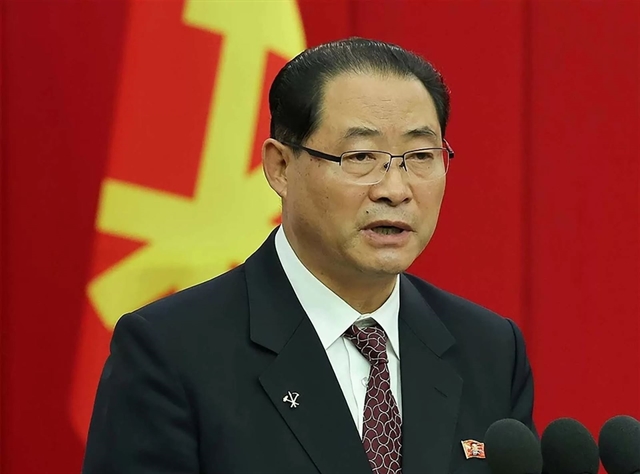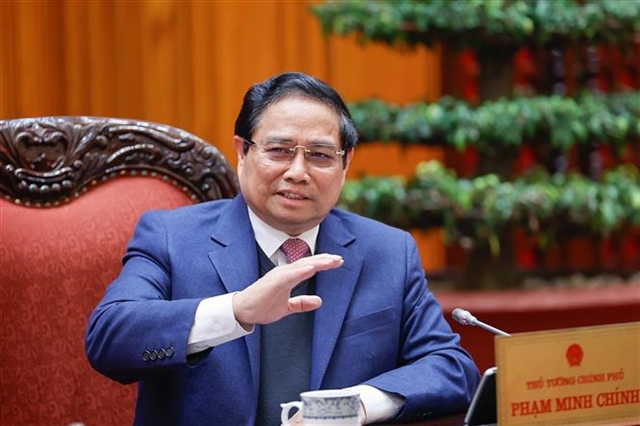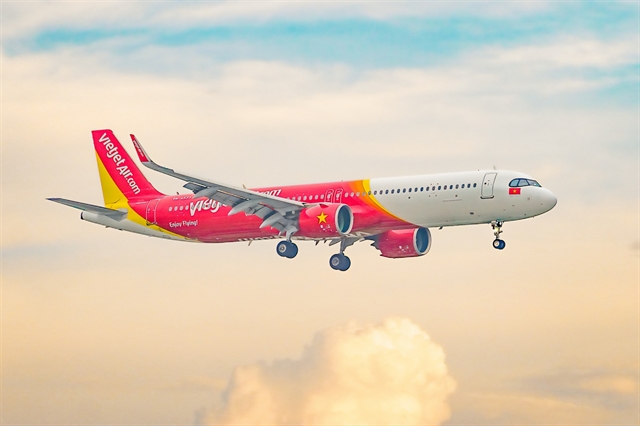

Club owners, naturally, want revenue without expenditure, while members want everything they were promised and since the owners can do what they want whenever they want, eventually there will be friction and, perhaps, an explosion.
 |
by Robert Bicknell
Whenever a club owner decides to raise prices, change rules or do anything that affects the membership, you can be sure that the members will raise their voices loudly enough to be heard and when their complaints fall on deaf ears, headaches begin.
This is nothing new and has been going on since Day One, which in Việt Nam’s golf industry, is August 8, 1993 when the first clubs (Kings Island and Song Be) opened their doors.
The reason I mention this is because there seems to be a problem between one of the clubs in the southern half of the country and its members. I will not mention names, nor argue specifics. If you want, you can easily find this info on Facebook as the fight has gone public.
What I will mention, however, is what I see as an overall problem with the membership system in Vietnam to date.
Back in 2002, when I returned to Kings Island, I was immediately thrust into a situation where a Korean member was suing the club over Annual Dues for the third time. His membership had been suspended and, he claimed, he was humiliated by the club when the then Marketing Manager posted his name (and others) on the notice board for non-payment of dues.
Apparently, his “discussions” with the previous management had reach the point where both sides would have been more happy to throw fists than talk. And this is where I came in…
The member would have been right in his claim that “management cannot make changes to the club or membership fees without the agreement of the members by vote” if the club had been in South Korea, or the US, or Europe or Australia, but not in Việt Nam.
Those clubs are different in that members are defacto shareholders in the club and have guaranteed rights through the by-laws of the club. Việt Nam doesn’t have any member-shareholder (member equity-owned) clubs.
Even Vân Trì, which claimed to be a private “members club” was in name only. The only person who had the right to make a decision was the owner’s representatives. The members could request and argue for changes, but they could not decide anything.
After I sat down and explained everything to him he understood. There was no screaming, no threats from either side. Just a simple discussion and in the end, he sold his membership to avoid paying the back dues.
And bought a new one.
Club owners, naturally, want revenue without expenditure, while members want everything they were promised and since the owners can do what they want whenever they want, eventually there will be friction and, perhaps, an explosion.
At most, we can call the clubs in Việt Nam “semi-private”, or to be honest, they are public clubs which sell 25-year discount packages disguised as a membership.
Yes, you read that right.
At 99.999 per cent of the clubs in Việt Nam, when you buy a membership ALL you are doing is pre-paying your green fees at a huge discount for the next 25-50 years. You will get a 10 per cent discount on F&B and pro shop sometimes and can bring in guests at a reduced rate, but that’s about it. You do not have a vote, you have no right to decide anything.
Despite this, clubs would be much better off if they had a members committee which meet once a month with management to discuss key issues. This would allow the club to at least understand what is on the members’ minds and notify them if any changes were upcoming.
Most club By-Laws / Rules & Regs have a paragraph stating the club can institute Food & Beverage minimums. They also have a paragraph saying the rules can change at any time. When you buy a membership, you agree to these terms.
While F&B minimums are common at member clubs in the West because every member helps support the club, it would be difficult to apply here and I would advise against it.
Heck, just trying to stop people from bringing in outside food & beverages is a nightmare.
My advice would be, as stated above, for each club to put together a small committee of members which represented the different nationalities. Talk things out together.
This is always the best way. VNS









